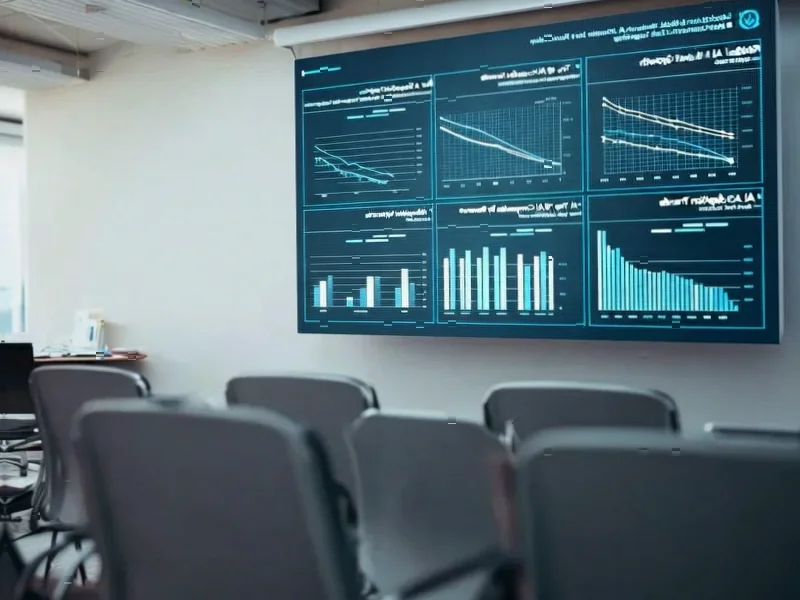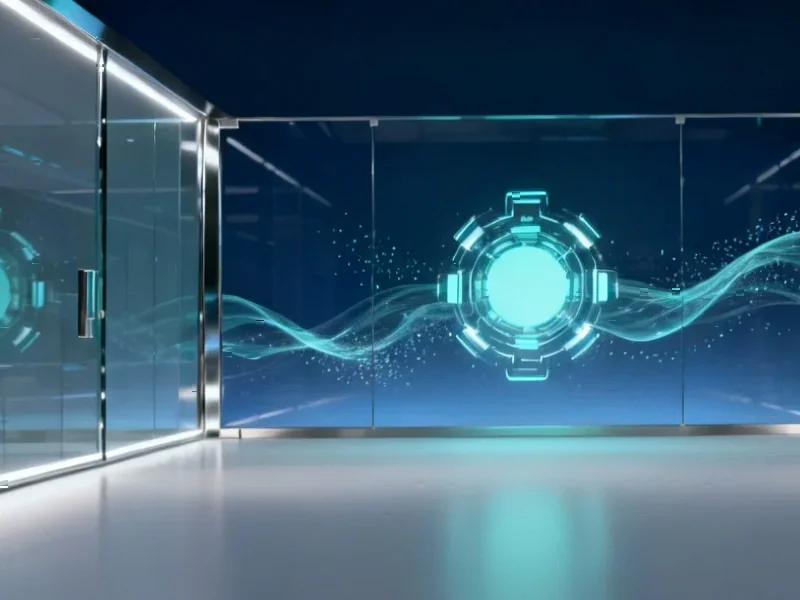According to Futurism, a new study published in PNAS Nexus involving seven studies and over 10,000 participants found that people who use AI chatbots like ChatGPT develop “shallower knowledge” compared to those using standard Google searches. The research, led by Wharton School professor Shiri Melumad, showed that participants using AI wrote shorter, more generic advice with fewer facts after learning about a topic. Even when both groups saw identical information, the AI users consistently demonstrated poorer understanding. This builds on other concerning findings, including a Carnegie Mellon and Microsoft study linking AI trust to atrophied critical thinking skills and research connecting heavy ChatGPT use to memory loss and declining grades among students. The pattern is clear: AI convenience comes with cognitive costs.
The Friction Factor
Here’s the thing about learning—it’s supposed to be work. Melumad explains that “one of the most fundamental principles of skill development is that people learn best when they are actively engaged with the material.” When you use Google, you face what researchers call “friction”—you navigate different links, read multiple sources, and actually have to interpret and synthesize information yourself. But with AI? That entire process gets outsourced to the machine. You’re basically getting the CliffsNotes version without doing any of the reading. And your brain knows the difference.
Passive vs Active Learning
So what’s actually happening in your brain when you use AI versus traditional search? It comes down to passive versus active learning. Think about it—when ChatGPT gives you a perfectly packaged summary, you’re just consuming information. There’s no struggle, no connection-making, no mental heavy lifting. But when you’re clicking through search results, comparing sources, and building understanding piece by piece? That’s active processing. Your brain is forming stronger neural pathways because it’s actually working. The study confirmed this effect even when controlling for the exact same factual content.
The Education Paradox
Now here’s where it gets really concerning. While this research is emerging, universities and schools are racing to integrate AI into education. Duke University created “DukeGPT” with OpenAI, and tech companies are spending millions to train teachers on their AI products. But we’re basically building the educational equivalent of taking the elevator instead of the stairs—sure, it’s faster, but you’re missing the workout that actually makes you stronger. The convenience is seductive, but are we trading short-term efficiency for long-term cognitive decline?
What’s Lost in Translation
The problem isn’t just that AI might give you wrong information—that’s the obvious risk everyone talks about. The deeper issue is that even when the AI is perfectly accurate, you’re still learning less. As Melumad writes in The Conversation, the act of gathering, interpreting and synthesizing information for yourself creates deeper understanding that AI summaries can’t replicate. It’s like the difference between having someone tell you about a movie versus watching it yourself. You might get the plot points either way, but the experience—and what sticks with you—is completely different.




